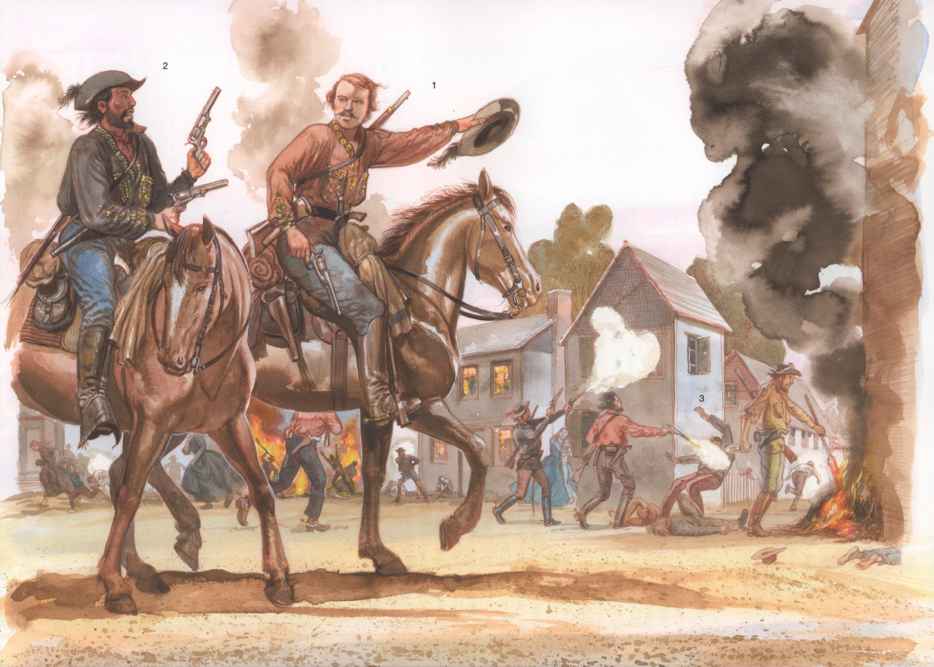Aldarion
 Archmage
Archmage

Irregular Warfare for Fantasy Writers
Much of the fantasy, especially High Fantasy, is written about essentially medieval warfare, or at least has major aspects of it. This is obvious from the beginning: the work that codified modern h…
 warfantasy.wordpress.com
warfantasy.wordpress.com
Much of the fantasy, especially High Fantasy, is written about essentially medieval warfare, or at least has major aspects of it. This is obvious from the beginning: the work that codified modern high fantasy, Tolkien’s Lord of the Rings, is basically a book about war. And in this, irregular warfare plays a major part in the events, with Faramir’s rangers being the most obvious example. But while Gondor is based largely on Byzantine Empire (1, 2), many other states in fantasy are (purpoted to be) based on the feudal Europe.
And in feudal Europe, what we today consider “irregular warfare” was in fact the norm. Symmetrical warfare – field battles – was very much an exception rather than rule, and when battles did happen, they were usually a result of a raiding force being intercepted or – more rarely – a relief army attacking a besieging force.


 Auror
Auror Minstrel
Minstrel Myth Weaver
Myth Weaver